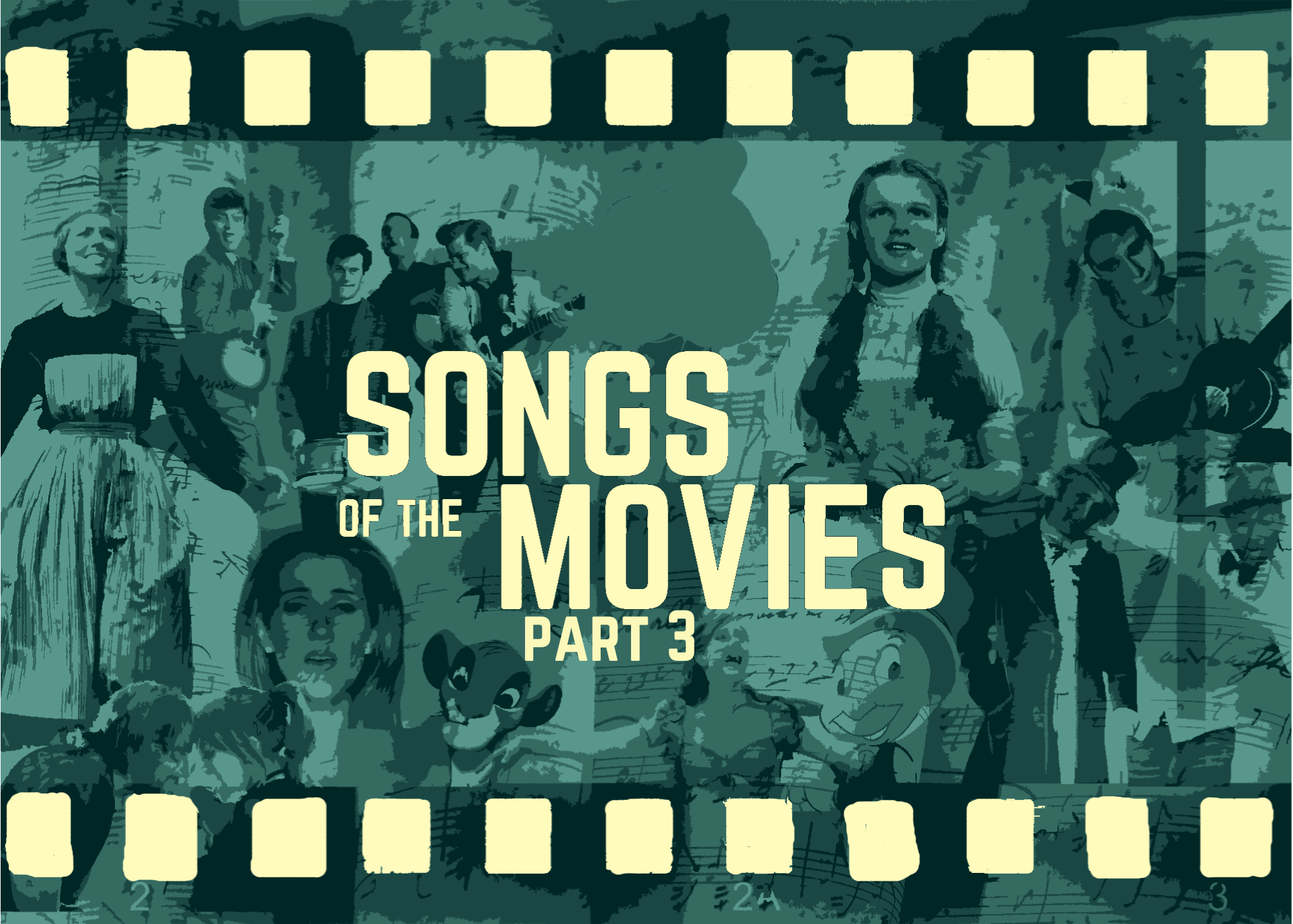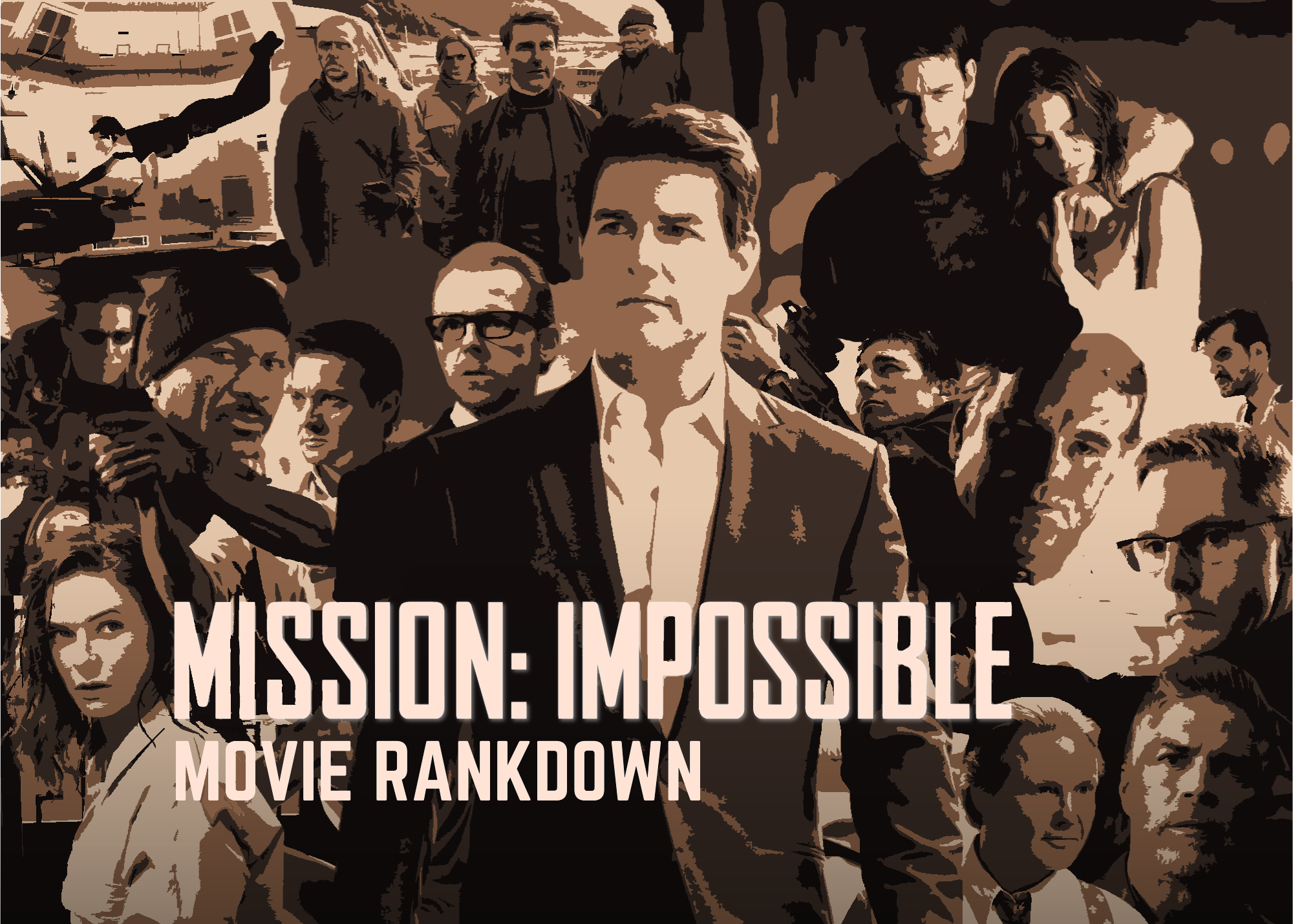Retrospective: "1917" Is An Awe-Inspiring Technical Masterclass
It occasionally prioritizes style over substance, but Sam Mendes' acclaimed passion project is a cinematic marvel.
RetrospectiveOn June 28, 1914, 19-year-old Gavrilo Principe, seeking to liberate Bosnia and Herzegovina from Austrian rule, approached the motorcade of Austrian Archduke Franz Ferdinand and fired his Browning semi-automatic pistol twice, hitting the Archduke in the neck and his wife, Sophie, in the abdomen. The Archduke and his wife were dead by midday.
The resulting international crisis led to the First World War, one of the deadliest conflicts in history. From 1914-1918, an estimated 32 million soldiers were either killed or wounded, and 8 million civilians died. Unable to match advancements in firepower with troop mobilization, European forces developed trench warfare, forcing soldiers into muddy, rat-infested conditions that caused headaches, fever, and numerous intestinal parasites.
The vast plains between enemy lines, called “No Man’s Land,” could span hundreds of yards and left any attacking soldiers open to relentless artillery strikes. The development of weaponized gas caused lasting effects for decades after the war.
It was a brutal conflict where the means of destruction was ahead of its time, leaving soldiers devastated by ceaseless malaise, debilitating infection, and a seemingly never-ending cycle of reinforcements to replace the piling corpses decaying in the trenches.
Twenty-one years after the war, WWII broke out in Europe when Adolf Hitler invaded Poland. By its conclusion in 1945, it was the deadliest conflict ever; the death toll was higher, the systematic genocide shocking, and the horror stories from the front lines more devastating than previously conceivable.
As a result, WWI was relegated to the backburner of history, widely remembered as significant but lacking the cultural ubiquity of its successor. We can attribute this to the lack of gripping, diabolical personalities, the iniquity of the Holocaust, the introduction of nuclear warfare, and the journalistic advancements that brought the horror of war into the home.
Regardless, we do not fervently recall or study WWI, which means bringing it to the screen, even on a microscopic scale, carries immense responsibility. For director Sam Mendes, that duty felt even more tangible; his grandfather, Alfred Mendes, told his grandson his stories of currying critical messages through No Man’s Land during his time in the Rifle Brigade.
1917, based on these recollections, is the story of Lance Corporal William Schofield, who gets roped into a dangerous mission by Lance Corporal Thomas Blake: travel 9 miles to deliver a message to Colonel Mackenzie ordering a ceasefire on the strategically retreating Germans and save 1,600 men, including Blake’s brother.
In film, it’s nearly impossible to find creators more concerned with the story they’re telling than themselves; every aim is self-indulgent, every device a gimmick, all for the greater glory of the maker’s ego. Therefore, it is peculiar that Mendes, having such a deep investment in this story, would tell it so "unconventionally."
The film’s chief design, long takes creating the impression of continuous shooting, is gift or gimmick, depending on one’s interpretation. It screams Oscar bait, but it grants the movie its power. As Schofield and Blake depart through the trenches, the journey feels like a lifetime, but in a way that establishes the enormity of their undertaking. It’s a muddy, breathless trudge that seems a million miles long, the shot framed with the vast, uniform sky contrasting the claustrophobic, heavily-textured trench, sometimes bold and dominant, other times barely creeping in as Blake and Schofield shove through soldiers as they debate the mission.
It is the film’s opening 9 minutes, and as brilliant as the decision is in that stretch, it doesn’t always pay dividends. It has moments, such as the pair’s exposition-laden walk through the woods, where a few cuts would’ve allowed us to breathe and not direct our attention to something unworthy of it. But, when they emerge from the forest by a small farmhouse, three planes engage in a dogfight before a thrilling crash; in those moments, the movie feels like a storybook flipping its pages with each passing moment, one where the illustration is vivid and the narrative compelling.
Thus, 1917 lives and dies on Mendes’ creative choice. It inspires awe more often than it trudges through the mud, but it occasionally wanders in No Man’s Land. As such, it struggles to find purpose often enough to be the classic it could’ve been. It overstuffs itself with endless cameos; each actor plays their part perfectly, but the constant slap across the face jolts us out of the necessary urgency for its style to function. In those moments, it needs a story that draws us in consistently on its merit.
Unfortunately, its screenplay is uninspired, which makes 1917 overly reliant on the cinematography, rendering it an occasionally burdensome necessity instead of a complement. Though acted faultlessly, moments often feel forced and devoid of urgency, which is inexcusable considering the mission. The conversations don’t elaborate on the bigger picture or explore any character’s mindset, creating an endless parade of momentum-halting pit-stops that feel more like showing off Britain’s acting elite than focusing on creating a compelling film. With a greater emphasis on ensuring a riveting story, 1917 would always feel like a race against the clock. Alas, beyond the opening establishment of the stakes, there’s sparsely a sense that the goings-on are vital and the circumstances dire.
But when it masters its style and creates that sense of urgency, few films are more engaging, able to use its greatness to ensnare us in its genius. From the moment Schofield wakes up in Écoust-Saint-Mein and booming gunfire sounds in the distance, we get thrust into one of film’s most spellbinding rides. The slow pan to the silhouette of an anonymous soldier draped against the fiery backdrop of the stone courtyard, freezing us in just as much terror as Schofield, is unforgettable.
It is one of the rare instances where horror is weaponized effectively in a classic drama, and we embody a claim so many critics level at their favorite movies: we are one with the character, and that feeling must underlie the film for it to succeed. In the end, we must root for Schofield to succeed, not because of Blake, not because of all the men who will die if he fails, but because the movie captured that indescribable, unquantifiable quality that makes us want something for reasons not even we can fully understand.
So, when he finally reaches his destination and makes his mad dash down the front line, through charging soldiers and cannon fire, we appreciate everything Mendes has accomplished and embrace his failures as inevitable pitfalls of his ambition. Our hearts pound, our vision is arrested. We hold our breath as Colonel McKenzie decides to listen to the order or, as Captain Smith alluded to earlier, seek the fight. We are relieved when the attack is called off, somber when Schofield finds Blake’s brother and delivers the tragic news of his brother’s passing, and reflect when the screen fades to black.
It’s not perfect, and it’s more gimmicky than it would like to seem, but 1917 is still a fantastic addition to that legendary 2019 that inspires passion and debate half a decade later.
Was it the best picture of that year? Arguably? Yes. In actuality? No.
But, there is no escaping how monumental of a theater experience it was, how well its brightest moments shine even on a smaller screen, and that, regardless of whether one feels it deserved the Oscar Parasite took at the last moment, it remains a cumulatively enthralling movie.

82
Director - Sam Mendes
Studio - Universal
Runtime - 119 minutes
Release Date - December 4, 2019
Cast:
George MacKay - Lance Corporal William Schofield
Dean-Charles Chapman - Lance Corporal Thomas Blake
Mark Strong - Captain Smith
Colin Firth - General Erinmore
Benedict Cumberbatch - Colonel Mackenzie
Andrew Scott - Lieutenant Leslie
Richard Madden - Lieutenant Joseph Blake
Claire Duburcq - Lauri
Editor - Joe Walker
Screenplay - Sam Mendes, Krysty Wilson-Cairns
Cinematography - Roger Deakins
Score - Thomas Newman

%20(13%20x%206%20in)%20(13%20x%204%20in).png)





































.png)






.png)